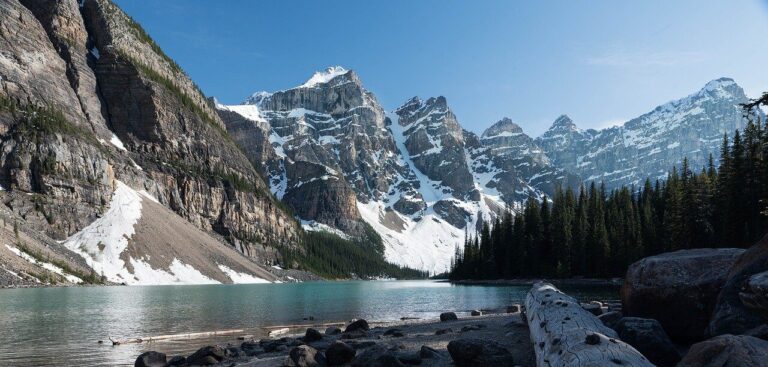Water resources in snow-dominated regions across the northern hemisphere will fluctuate increasingly and become more difficult to predict by later this century, according to a study led by the US National Center for Atmospheric Research (NCAR).
Even in regions that maintain the same amount of precipitation, streamflow will become more variable and unpredictable. As snowpack recedes in a warmer future and fails to provide reliable runoff, the amount and timing of water resources will become increasingly reliant on periodic episodes of rain.
Will Wieder, lead author and NCAR scientist, said, “Water managers will be at the whim of individual precipitation events instead of having four to six months’ lead time to anticipate snowmelt and runoff. Water management systems in snow-dominated regions are based on the predictability of snowpack and runoff, and much of that predictability could go away with climate change.”
Observations show that snowpack is already melting earlier, and even declining in many regions. This decline will become so pronounced toward the end of the century that the amount of water contained in snowpack at the end of an average winter in parts of the US Rocky Mountains could plummet by nearly 80%, the scientists found.
The changes in runoff and streamflow are likely to have cascading impacts on ecosystems that depend on reliable water from snow, the study warns. Although the changes won’t be uniform across regions, more snow-free days and longer growing seasons will put stress on water resources, drying out soils in many areas and heightening fire risk.
The study assumes that emissions of greenhouse gases continue at a high rate (a scenario known as SSP3-7.0). Wieder said that the most severe impacts on snowpack, runoff and ecosystems would likely be avoided if society successfully reduced greenhouse gas emissions.
The scientists drew on an advanced set of computer simulations to fill in details about the future of water resources, showing the extent to which changes in temperature and precipitation will alter snow accumulation and runoff patterns in the northern hemisphere. Although past research looked at the impacts of climate change on water availability, the new study focuses on the increasing variability of water resources.
To determine how reduced snowpack will affect the variability of water resources, Wieder and his co-authors turned to a powerful NCAR-based climate model: the Community Earth System Model, version 2. They drew on a recently created database of simulations, known as the CESM2 Large Ensemble, to compare a past period (1940-1969) with a future period (2070-2099). The simulations were run on the Aleph supercomputer at the Institute for Basic Science supercomputer in Busan, South Korea.
The results illuminate the extent to which widespread shifts in the timing and extent of water flows will occur in much of the world by 2100. There will be an average of about 45 more snow-free days yearly in the northern hemisphere, assuming high greenhouse gas emissions. The largest increases will occur in mid-latitudes that are relatively warm and high-latitude maritime regions that are influenced by changes in sea ice.
Many regions that rely the most on predictable relationships between snowpack and runoff will experience the largest loss in predictability because of a sharp decline in reliable pulses of spring runoff. These regions include the Rocky Mountains, Canadian Arctic, eastern North America and Eastern Europe. The authors warn that this will substantially complicate the management of freshwater resources for society and ecosystems.
Flavio Lehner, a professor of earth and atmospheric science at Cornell University and a co-author of the study, said, “We are in a race with predictability when it comes to streamflow because we’re trying to improve our forecasts through better data, models and physical understanding, but these efforts are being canceled by the rapid disappearance of our best predictor: snow. It might be a race we’ll lose, but we’re trying to win it, and that is why we need to study these topics.”
Although the reduced runoff will result in drier summertime soil conditions in much of the northern hemisphere, the simulations showed that certain regions — including east Asia, the Himalayas, and northwestern North America — will maintain soil moisture because of increased rainfall.
Keith Musselman, a hydrologist at the University of Colorado Boulder and co-author of the study, said, “Snow-related metrics are critical for informing society’s management of precious water resources. As utilities and civil works agencies plan new reservoirs and other infrastructure to adapt to a changing climate, we must address basic research questions about the changing characteristics of winter snowpack and resulting streamflow that we have long relied upon.”
To view the complete study published in the journal Proceedings of the National Academy of Sciences, click here.



